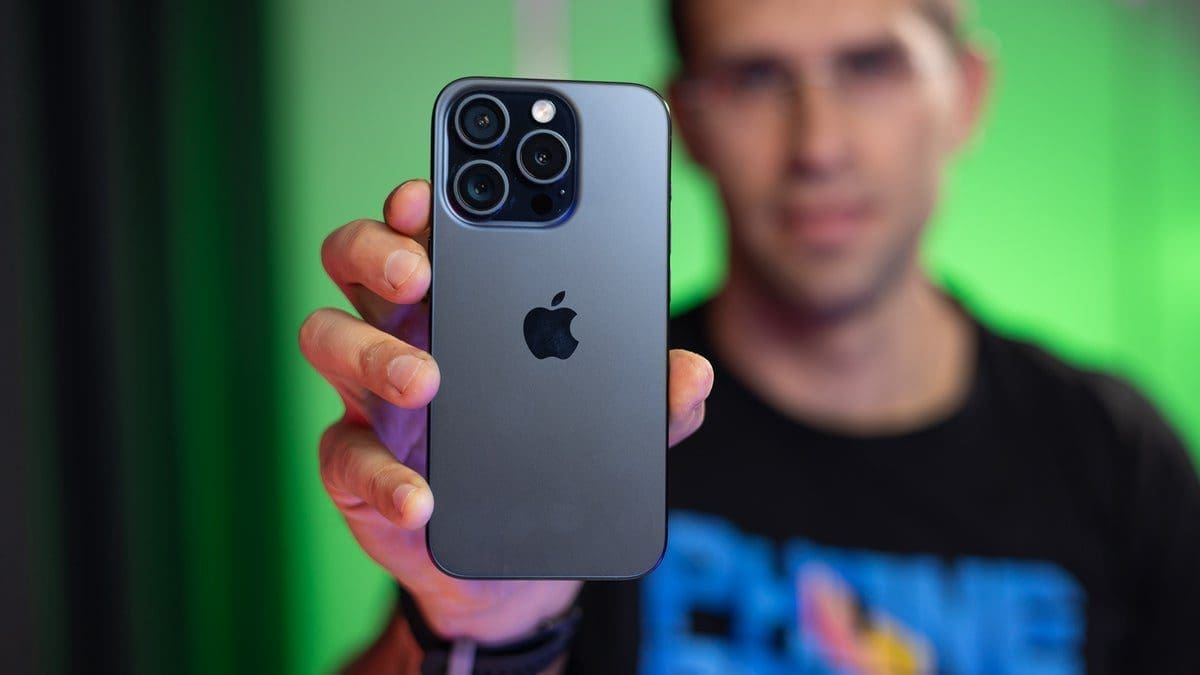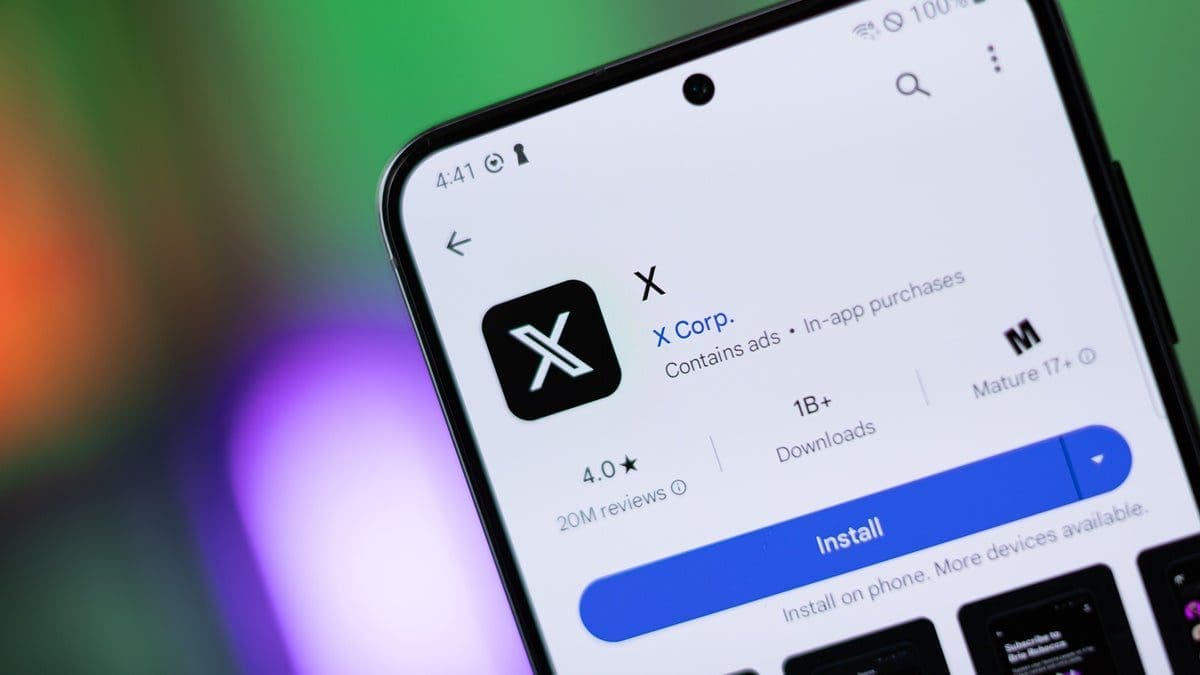T-Mobile’s Evolution: From Un-Carrier to Sales Pressure
What has happened to T-Mobile? The wireless provider that once shook up the industry with its Un-Carrier moves is now facing a new challenge. Ever since John Legere, the acclaimed CEO who transformed T-Mobile into a major player in the U.S. wireless market, stepped down, things have taken a different turn.
Under Legere’s leadership, T-Mobile went from being a struggling fourth-place contender to becoming one of the fastest-growing and most innovative carriers in the country. However, with Legere’s departure and Mike Sievert taking over as CEO, some changes seem to have occurred within the company.
In recent online conversations with verified T-Mobile employees, it has come to light that there has been a shift in focus from customer-centric practices to revenue-driven strategies. Reps are now under pressure to meet sales targets and performance metrics, leading some of them to resort to questionable tactics.
Examples of these tactics include adding unauthorized services or accessories to customers’ accounts and refusing to sell phones without additional purchases. This change in approach has left some customers feeling frustrated and questioning T-Mobile’s commitment to customer satisfaction.
It is crucial for T-Mobile to address these issues and reevaluate its sales practices to regain trust among consumers. As a company known for innovation and customer-friendly policies, T-Mobile should consider making its next move an Un-Carrier initiative aimed at reducing sales pressure on reps.
Let’s not forget that T-Mobile revolutionized the industry by eliminating two-year contracts and offering consumers more flexibility. It’s time for T-Mobile to reaffirm its commitment to transparency and customer satisfaction. By doing so, not only will T-Mobile regain trust but also set a new standard for the entire telecommunications industry.










